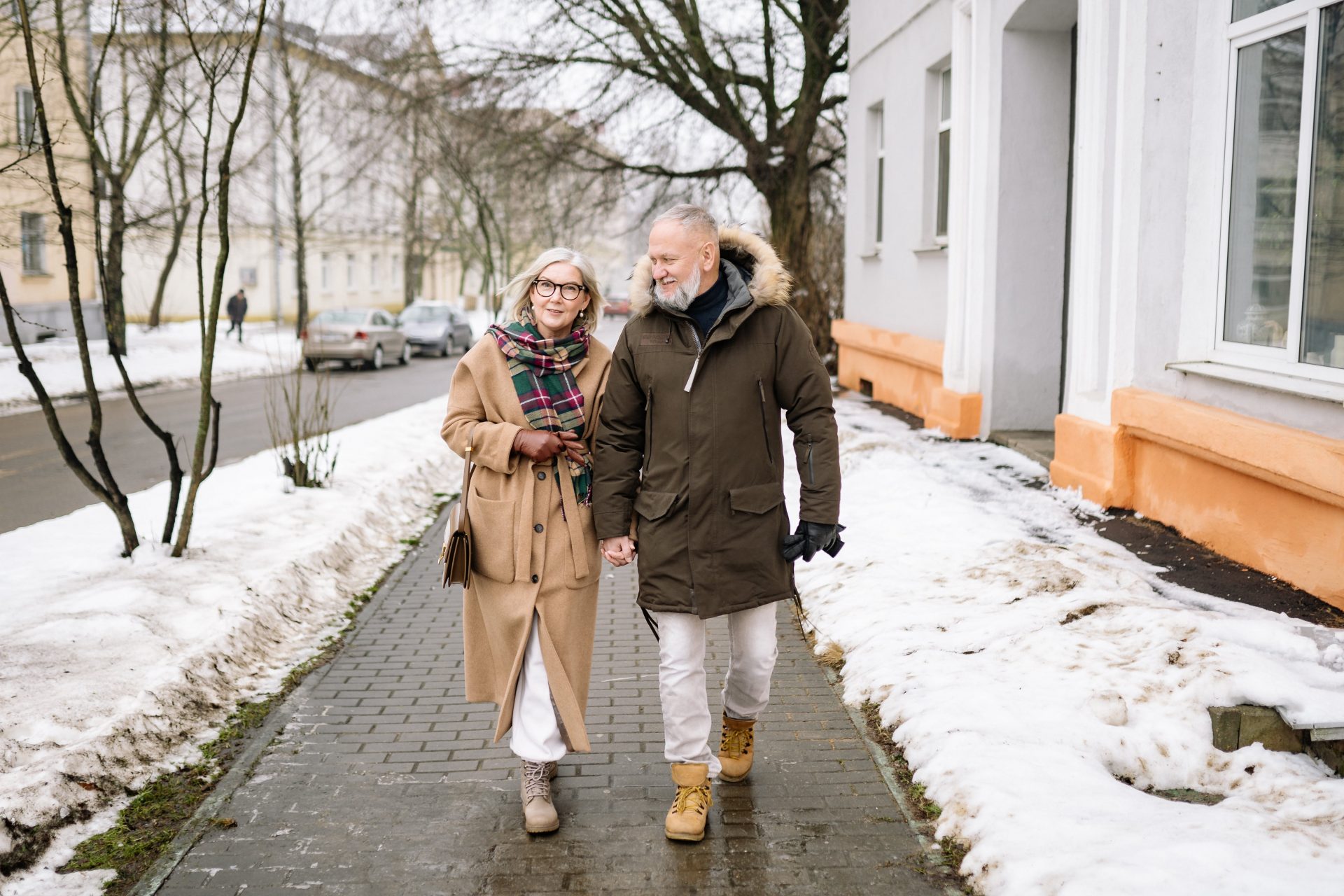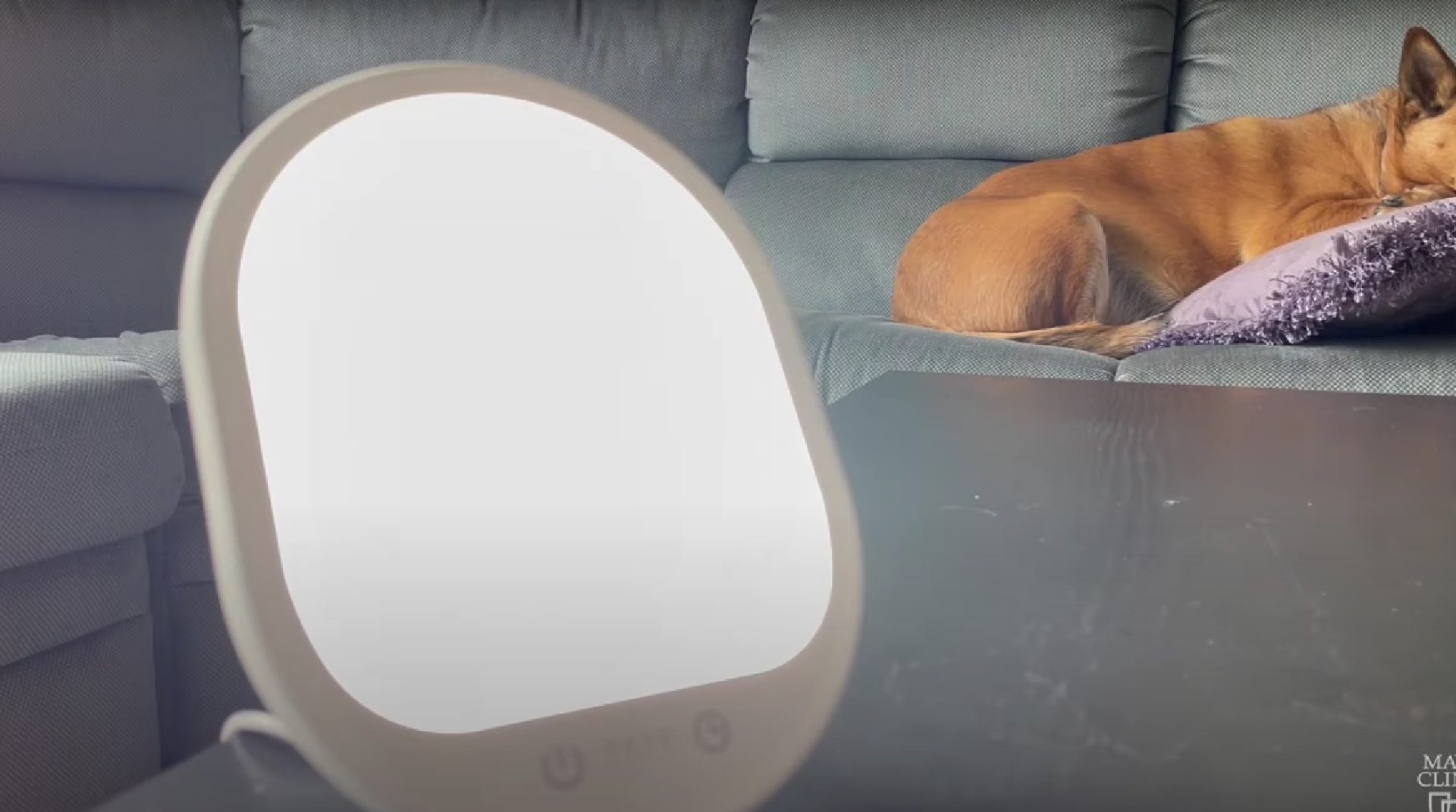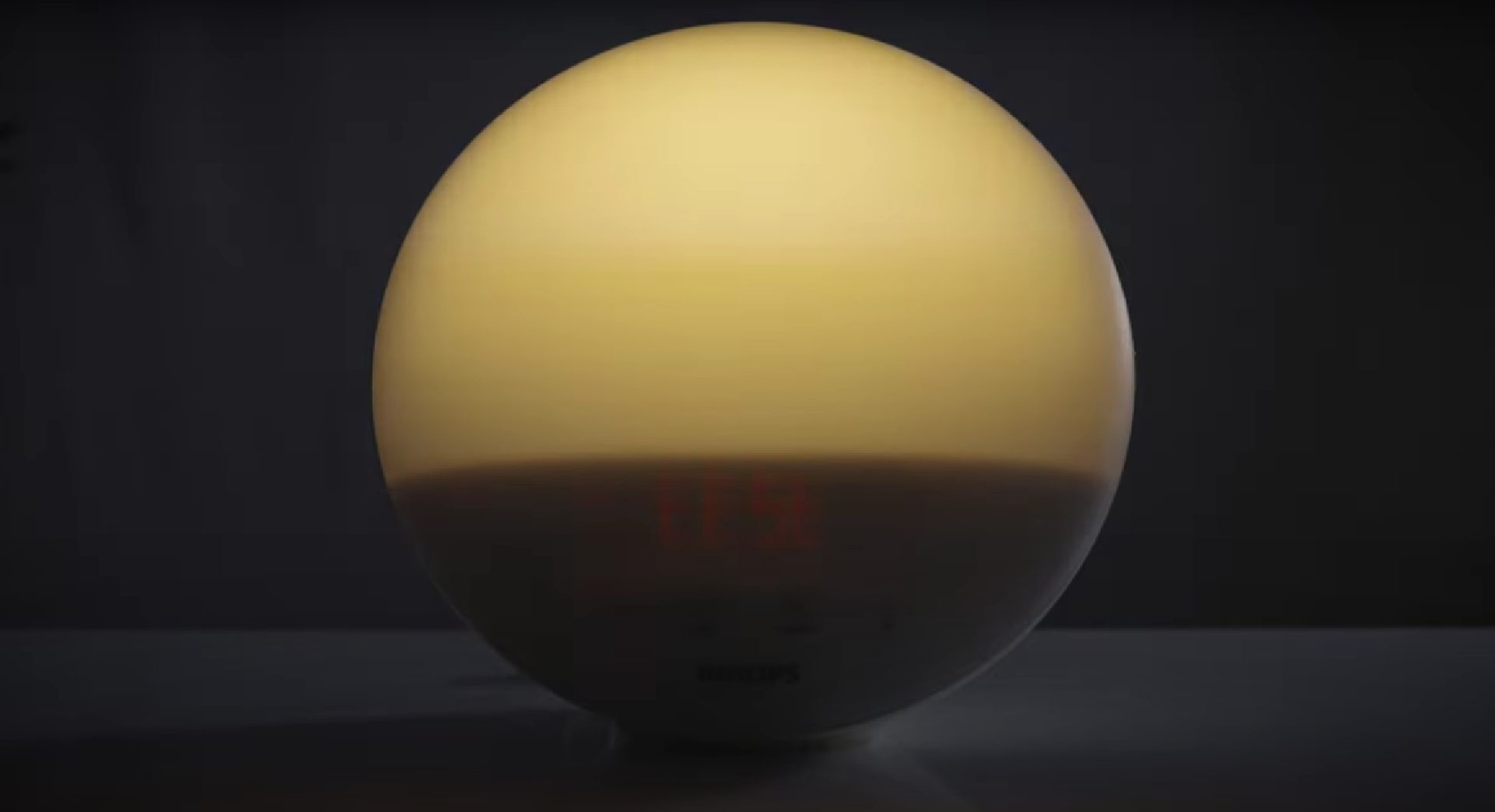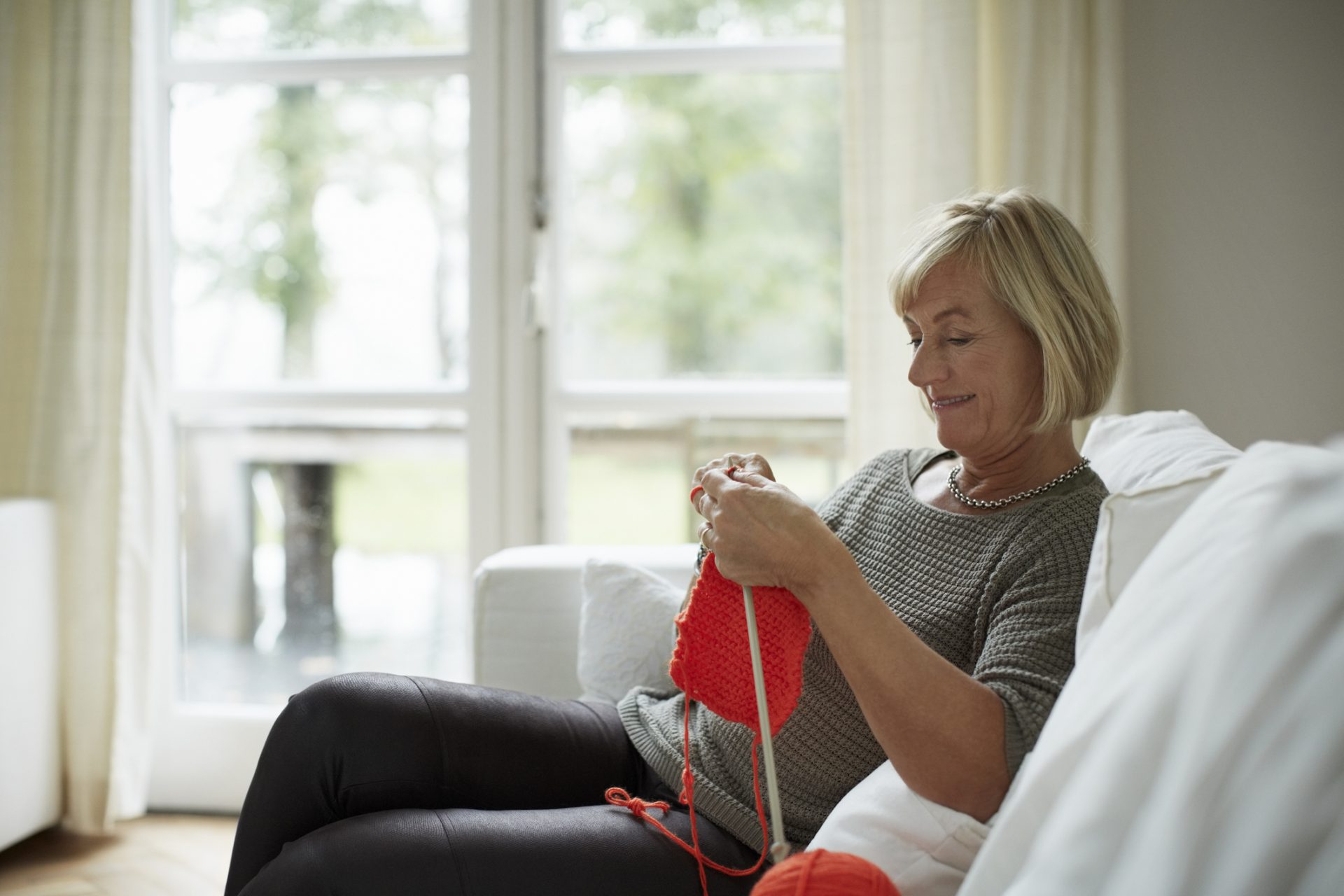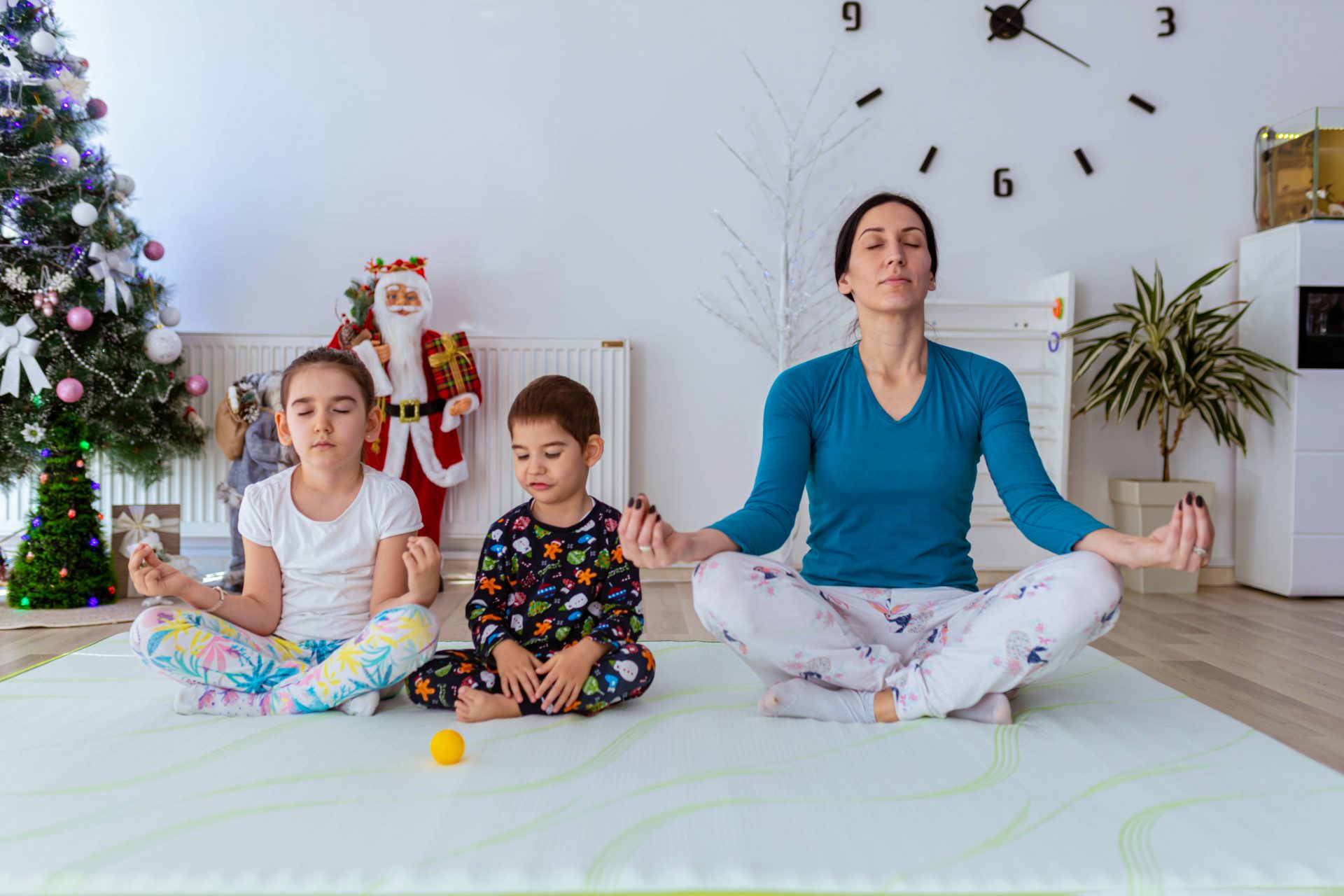Coming down with the winter blues? Tips to feel better in the darkness
With short days and cold temperatures, many people report feeling down in winter. According to the American Psychiatric Association (APA), around 5% of Americans suffer from seasonal affective disorder (SAD) — a major depressive disorder even more extreme than the average blues. So whether mild or extreme, here are some tips to feel better in the depths of winter...
The UK’s National Health Service (NHS) recommends going outside as much as possible, especially on sunny days or around noon, when the light is brightest. Even if it’s cold, it can go a long way to boosting your mood. Bonus points if in nature, which has also been shown to lift spirits.
Photo: Yan Krukau/Pexels
Scientists have developed special lamps (light boxes or SAD lamps) that emit very bright light mimicking sunshine. According to the APA, most people with SAD see some improvements from light therapy within one or two weeks of treatment, which mostly involves using one for at least 20 minutes per day within the first hour of waking up.
Image: Mayo Clinic / Youtube
According to the NHS, being cold makes you even more depressed, and staying warm can reduce the winter blues by half! The UK health service suggests wearing cozy clothes, eating hot food and drinks, and keeping your home between 18C and 21C (or 64F and 70F degrees).
Photo: Karolina Grabowska / Pexels
Research has found that a one-hour walk in the middle of the day could be as helpful as light therapy for warding off the winter blues. Not only does this expose you to sunshine, but it also keeps your body warm and produces natural feel-good chemicals.
With the late sunrises, getting out of bed in the winter can be a real drag. But research has found that using alarm clocks that simulate sunrises may help improve sleep quality and make it easier to get out of bed during dark winter mornings.
Image: Logan Goodfellow / Youtube
Geography is a key factor in the winter blues and SAD — the farther toward the north or south pole you are, the more difficult it can be to cope. So some sufferers say planning a getaway to a sunny spot where you can bask in vitamin D can be a true godsend.
While the winter may have you craving comfort food, the NHS recommends balancing out those satisfying carbs like potatoes and pasta with plenty of fresh fruit and veggies.
Sue Pavlovich of the Seasonal Affective Disorder Association (SADA) says keeping your mind active and learning new things can be an effective way to combat SAD. Anything from writing to playing bridge, singing, joining a gym or knitting can give you something to look forward to and concentrate on.
Sometimes talking to a professional about how to deal with your sadness is the best way. You don’t have to go it alone. According to the NHS, counseling, psychotherapy and cognitive behavioral therapy have been shown to help people cope with symptoms of SAD.
While the gloomy weather can leave us wanting nothing more than to stay home wrapped in a warm blanket, experts say that socializing with friends and family is another key to warding off winter blues. Reach out and say yes to invitations, even if you just stay for a short time, suggests the NHS.
Volunteering and helping out your local community can help improve your mental well-being and combat depression, according to the Exeter Medical School, which looked at 40 studies over 20 years. As a bonus, it also helps the local community. Definitely a win-win.
By coming back to your breath and body, you can acknowledge your emotions and transform the feeling of sadness into gratitude. This can be done with mindfulness practices like meditation, mindful walking, or mindful eating. There are even guided meditations online specifically made to combat the winter blues.
Psych Central suggests that you can boost your mood by identifying clutter that may stress you out and taking the time to organize it. Meanwhile, cleaning out your pantry and fridge can help your healthy eating habits, while cleaning windows and curtains can help you let the much-needed light into your home more joyfully.
A lack of sleep can take a toll on your mood, so if you’re getting less than seven hours of sleep per night psychologist Stephanie Felgoise says to try reducing or eliminating caffeine in the afternoon. Getting exercise during the day, a constant sleep schedule, and avoiding screens before bed can also be helpful.
If symptoms are so severe that they are getting in the way of your everyday life, it is important to talk to your doctor for medical help, says the NHS. The APA says that antidepressant medications have been shown to be very helpful for SAD.


